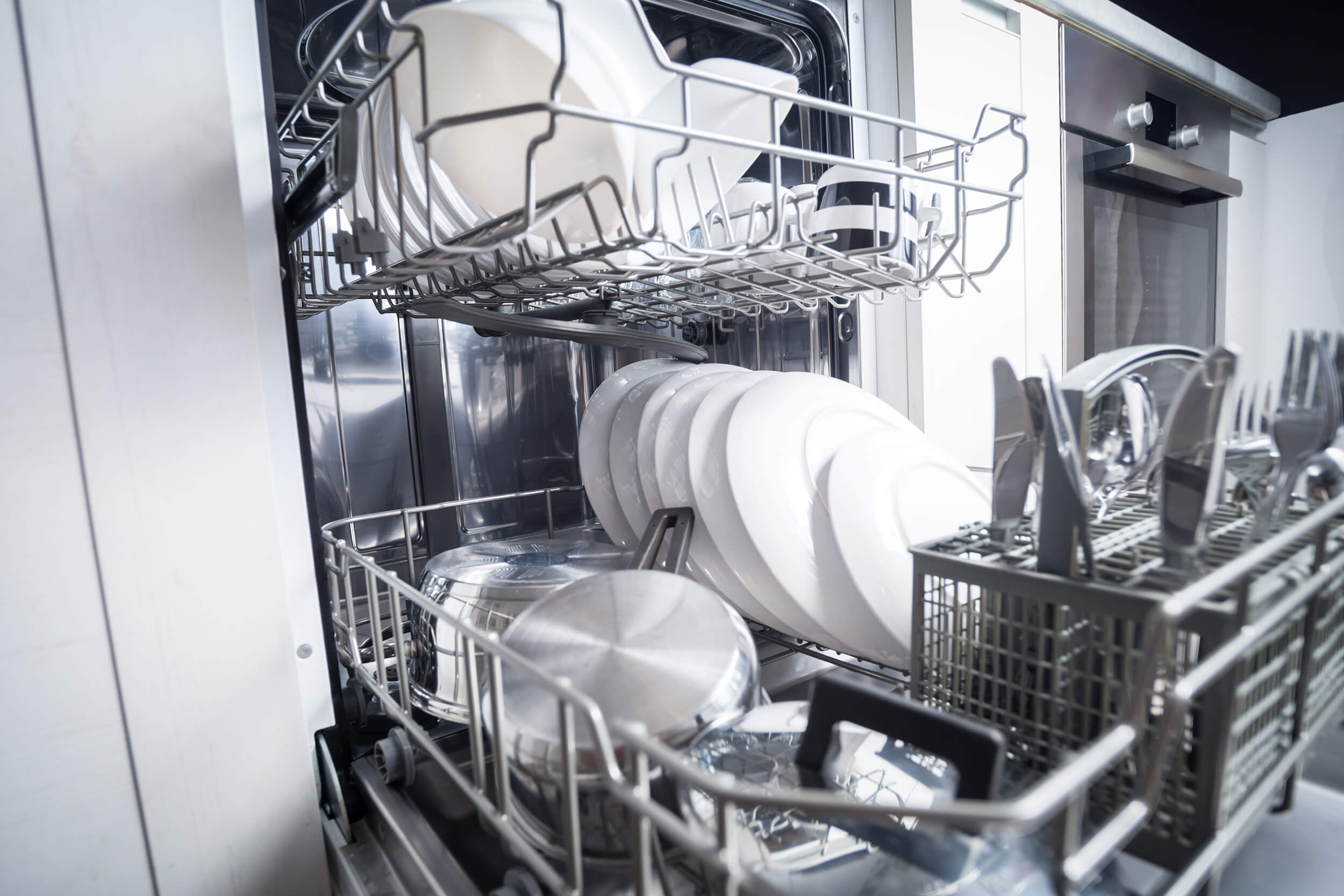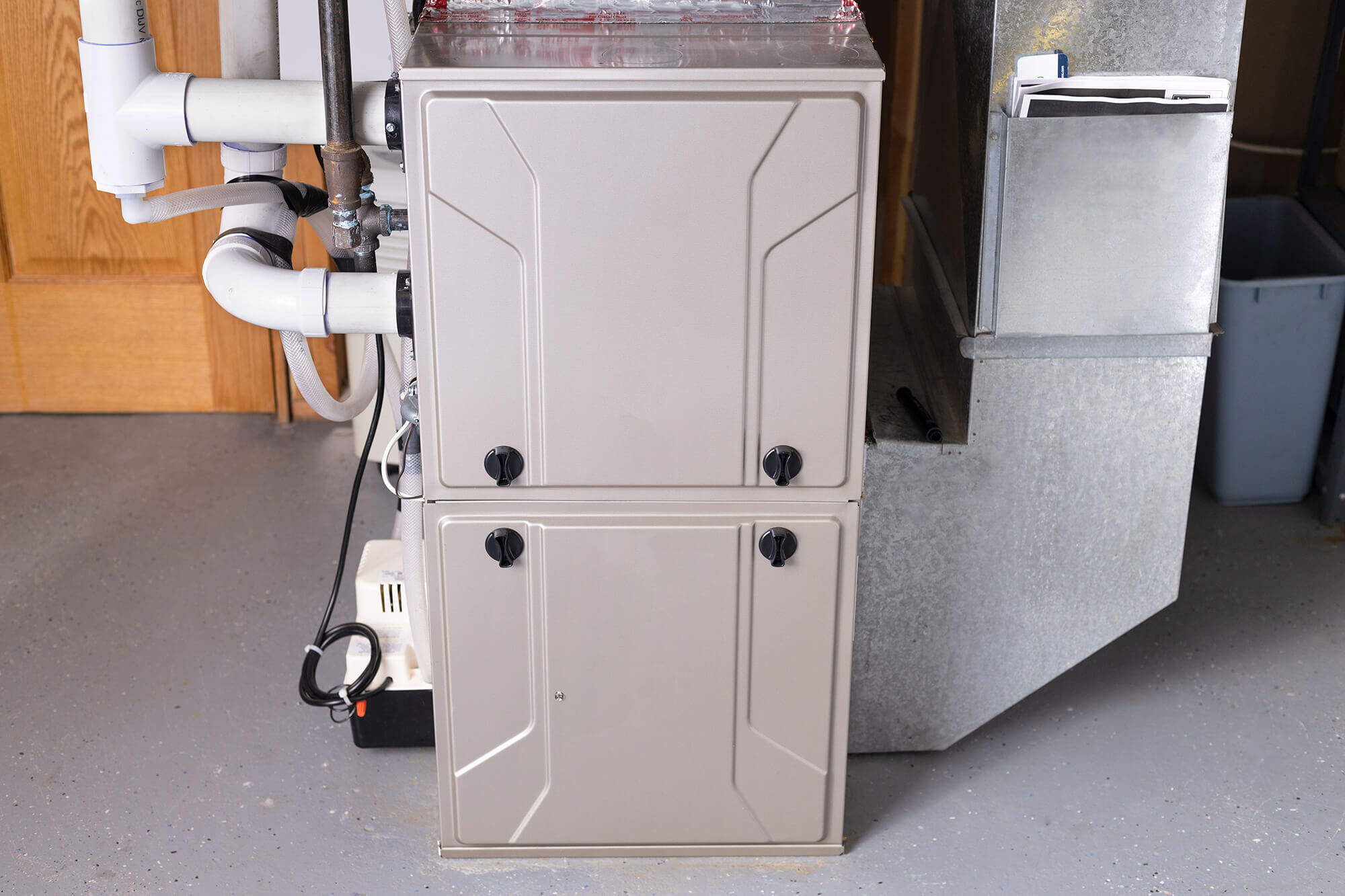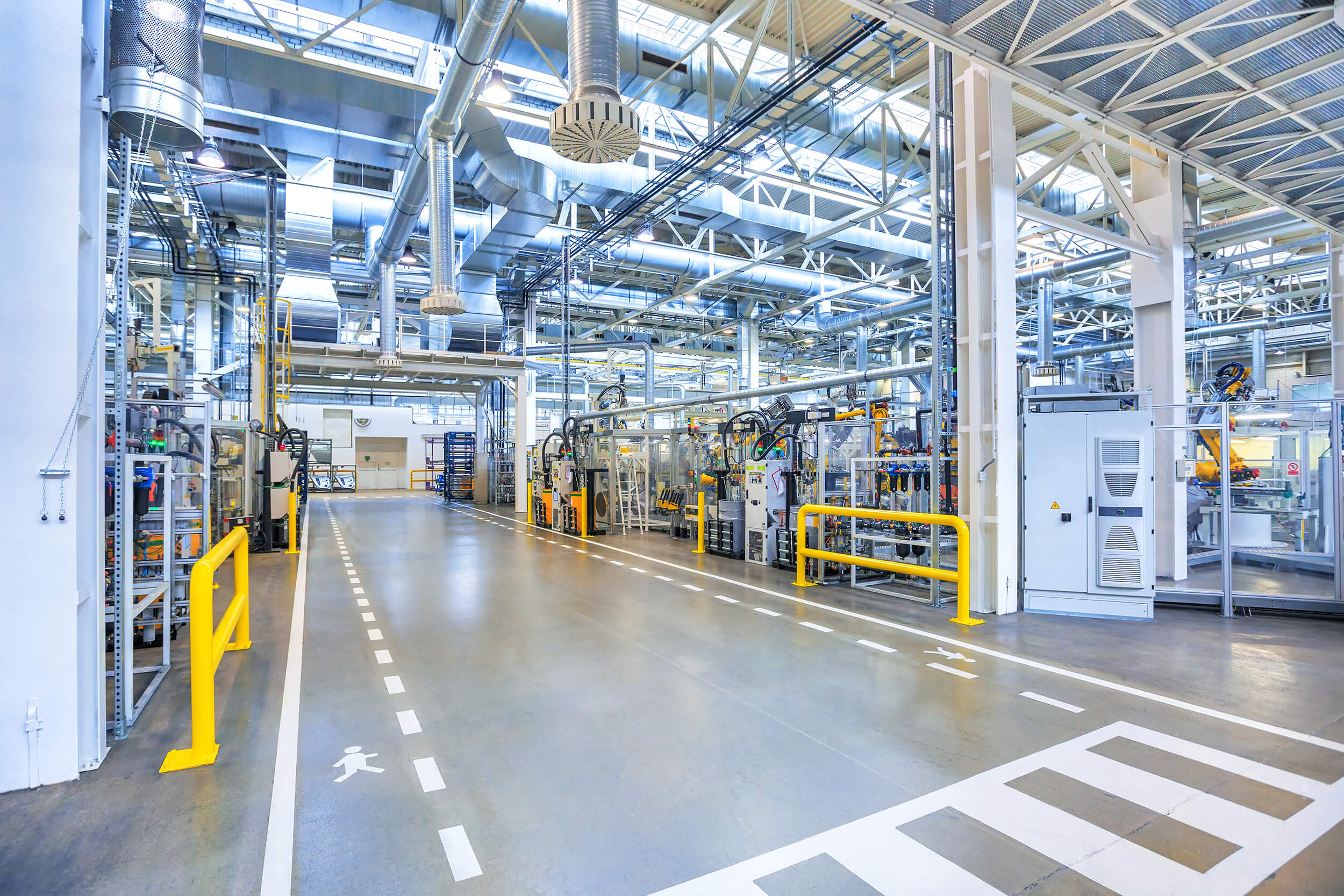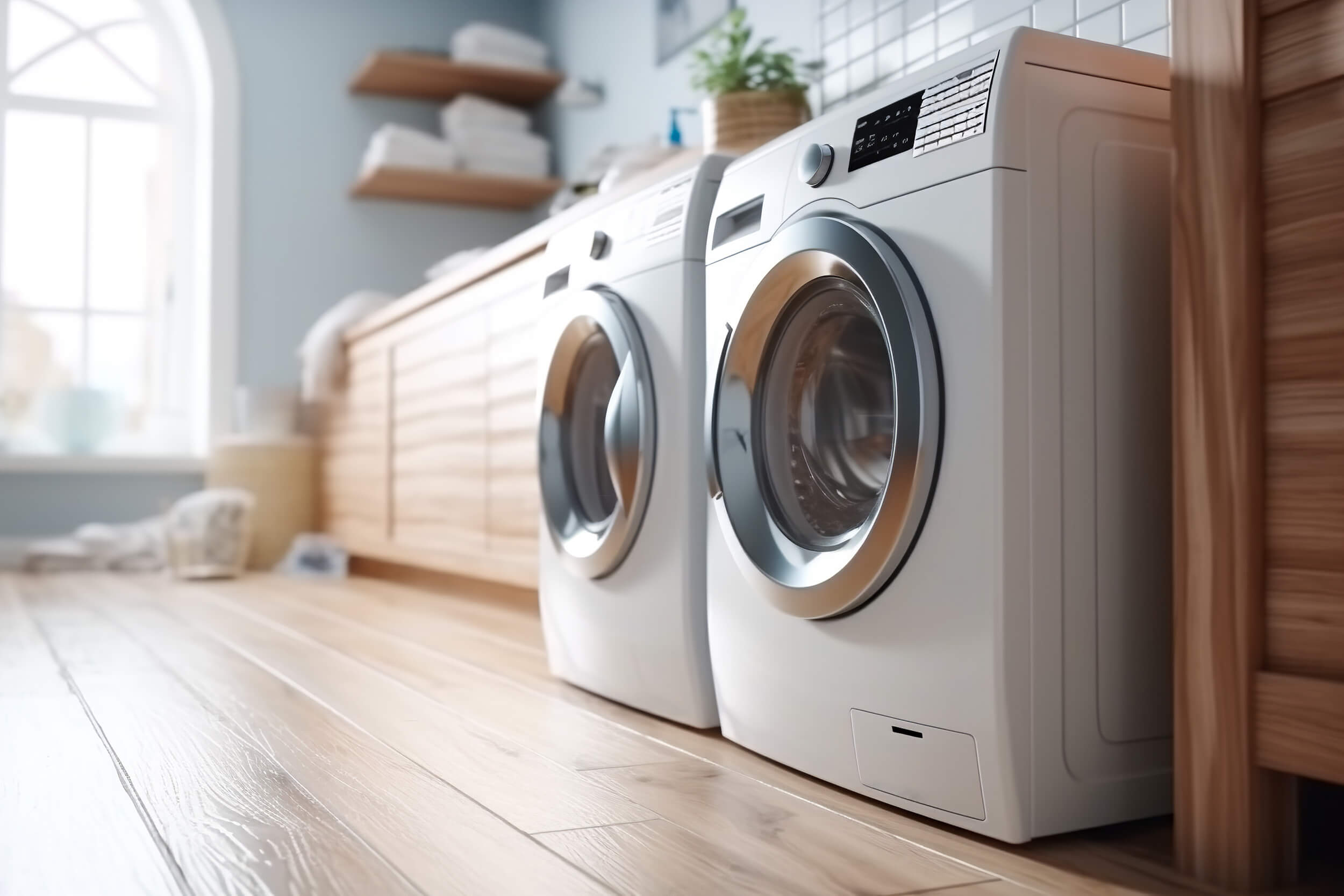On Friday, the U.S. Department of Energy (DOE) proposed new efficiency standards for commercial boilers, which are commonly used to heat schools, offices, apartments, and hospitals, among other building types. The new standards would reduce commercial boiler energy consumption by about 2-6% relative to the current standards. However, national energy savings would more than double if DOE adopted stronger standards for the most common equipment.
About one-quarter of all commercial floor space is heated by boilers. Commercial boilers are generally used to heat buildings that have a heating and cooling system referred to as a central system, where boilers provide hot water or steam for heating and a chiller provides cold water for cooling. (In contrast, other buildings may be heated and cooled using packaged rooftop units or residential-style or individual heating and cooling units.)
Commercial boilers can use either gas or oil as the fuel source, and many commercial boilers provide hot water for use in a building in addition to space heating. Commercial boilers are defined as having input capacities of at least 300,000 Btu/hour, although the largest boilers have capacities as high as 10 million Btu/hour or greater. In comparison, typical residential boilers have capacities in the range of 100,000-150,000 Btu/hour. (DOE just recently finalized new efficiency standards for residential boilers.)
The current standards for commercial boilers require a minimum efficiency of 77% to 84% depending on the specific type, size, and fuel. The new proposed standards would raise the minimum efficiency levels to 81-88%.
DOE estimates that customers on average would save between $500 (for small gas-fired hot water boilers) and $36,000 (for large oil-fired steam boilers) over the life of the equipment with the proposed standards. On a national level, commercial boilers meeting the new standards sold over 30 years would save about 0.4 quadrillion Btus (quads) of energy--enough to heat all the natural-gas-heated homes in New England for two years--and net savings of $0.4-1.7 billion for customers. However, higher cost-effective standards for small gas-fired hot water boilers, which make up about 30% of sales, would more than double national energy savings to 1 quad while saving customers $0.3-2.6 billion.
The higher efficiency levels for gas-fired hot water boilers can be met using condensing technology. Condensing boilers extract additional heat by condensing the water vapor in the flue gases, resulting in efficiency levels of 90% or higher.
The proposal for new commercial boiler standards follows on the heels of recently finalized updated standards for commercial furnaces, which are another common type of heating equipment for commercial buildings. Almost all commercial furnaces are installed on rooftops and are typically part of a rooftop air conditioning unit, where the furnace provides heating. New standards for commercial rooftop air conditioners and furnaces issued at the end of last year will save more energy than any standard ever issued by DOE.
DOE is scheduled to publish a final rule for commercial boilers later this year, and the new standards would take effect three years later.





